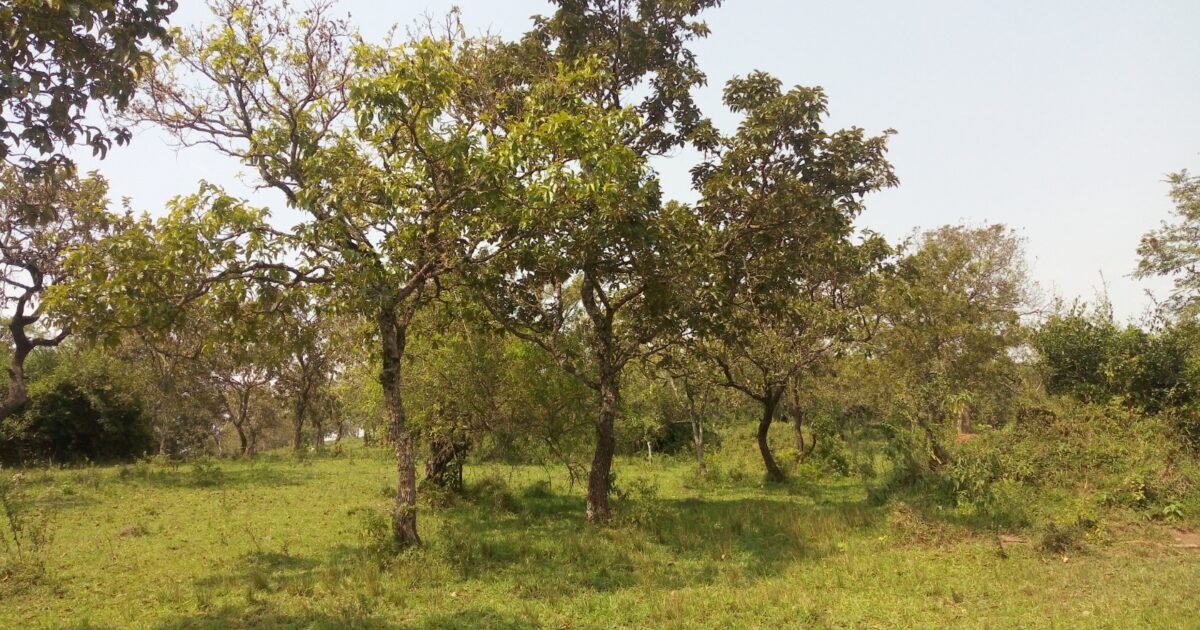Amidst the increasing climate change crisis in the world today, a new study finds that Ugandans favour tree-planting as the main action to be taken by government and individuals to reduce the effects of climate or environmental change.
The survey which was carried through Twaweza’s Sauti za Wananchi initiative which focused on getting citizens’ experiences and views on climate change gathered information from 2,622 respondents between September 22 and October 11, this year.
According to the findings, 6 out of 10 people representing 58% say that the government should be planting trees or encourage people to do so at community level. Meanwhile, 7 out of 10 recommend tree planting as government’s action to fight climate change at national level, and 6 out of 10 think individuals can plant trees or practice mixed farming to mitigate the effect of climate change. (They probably meant agroforestry -Editor.)
“Tree planting is citizen’s main suggestion both for government action and steps that can be taken as individuals to reduce the effects of climate change,” reads part of the survey report.
While disseminating the findings to key stakeholders in West Nile on Tuesday, Marie Nanyanzi, senior programmes officer at Twaweza, says that the effects of climate change has affected the country differently varying from one region to another with Easter and Northern Uganda being most affected.
She further advises that locals and the leaders take action through strengthening resilience of the communities to adapt to the climate crisis.
Meanwhile, Violet Alinda, the country director of Twaweza Uganda Chapter notes that climate change has become a critical issue for everyone and there is need for collective action to mitigate the effects of climate change.
Paul Walakira, the Maracha district chief administrative officer (CAO) says although many citizens look at local governments to champion the fight against climate change, they are incapacitated due to resource constraints.
Steven Alege Wadri, the Koboko district environment officer says there is need by all the stakeholders to join hands to sensitize the locals and save the sub region from climate change hazards.
Other measures proposed by the citizens’ in the survey are providing support like food, finance and health care for those battling effects of climate change and sensitizing people about the dangers of destroying nature.
The 2021 State of the Climate in Uganda report indicates that dry spells that destroyed crops affected about 785 households and posed a potential food crisis in the Karamoja region to the North and North East.
-URN





